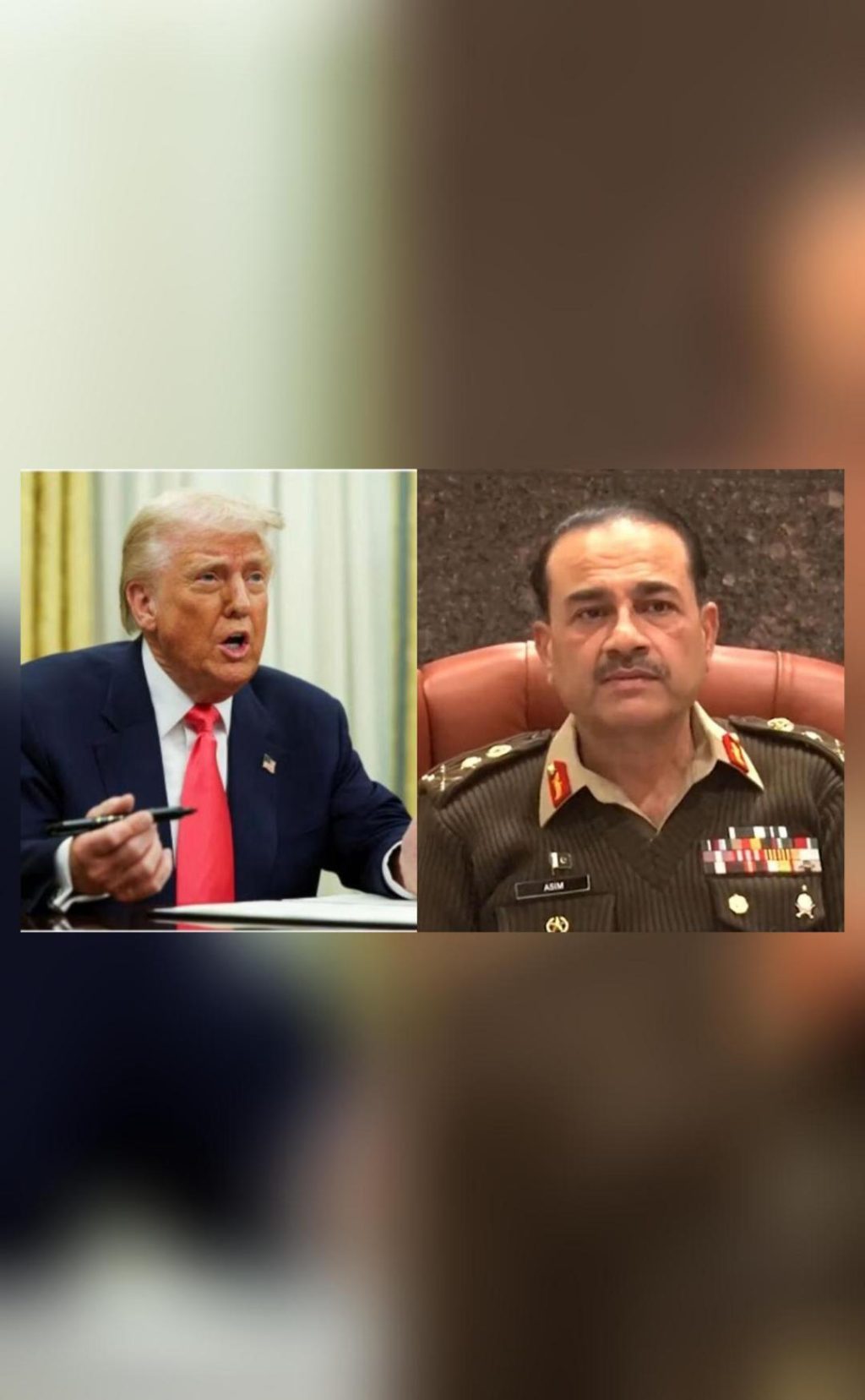
Our Relations with India & Pak Remain Unchanged: US after Pak Army Chief Munir’s Visit
The recent visit of Pakistan’s Army Chief Asim Munir to the United States has sparked a flurry of interest and concern in the international community. Munir’s comments during his visit, particularly his assertion that Pakistan has nuclear weapons and would take “half the world down” if it thinks it’s “going down” during a future war with India, have raised eyebrows and led to widespread speculation about the implications of his words. However, in a statement, the US State Department has clarified that its relations with both India and Pakistan remain unchanged, and that the diplomats are committed to both nations.
As reported by news.abplive.com, US State Department Spokesperson Tammy Bruce made the statement in response to questions about Munir’s comments. “US’ relationship with India and Pakistan remains unchanged – good,” she said. “The diplomats are committed to both nations.”
Munir’s comments during his US visit were seen as a bold and provocative statement, given the tense relations between Pakistan and India over the years. The two countries have a long history of conflict, including the Kashmir dispute, which remains unresolved. The comments have also sparked concerns about the potential consequences of a military conflict between the two nations, particularly in the context of Pakistan’s nuclear weapons program.
However, despite Munir’s rhetoric, the US State Department’s statement suggests that the relationship between the US and both India and Pakistan remains unchanged. This is significant, given the importance of the US’s relationship with these two countries in the region. The US has historically had close ties with both India and Pakistan, and has played a key role in mediating conflicts between the two nations.
The US’s relationship with India, in particular, has been strengthened in recent years, with the two countries engaging in regular dialogue and cooperation on a range of issues, including trade, security, and defense. The US has also provided significant military aid to India, and has encouraged the country’s participation in international forums such as the Quad.
At the same time, the US has also maintained a close relationship with Pakistan, despite the challenges posed by the country’s troubled history and the current political and security situation. The US has provided significant aid to Pakistan over the years, and has worked with the country to combat terrorism and promote stability in the region.
In recent years, there have been concerns about the direction of the US’s relationship with Pakistan, particularly in the context of the country’s nuclear weapons program. Pakistan has been accused of misusing its nuclear weapons program for political and strategic gain, and there have been concerns about the potential consequences of a nuclear conflict in the region.
However, despite these concerns, the US State Department’s statement suggests that the relationship between the US and Pakistan remains unchanged. This is significant, given the importance of the US’s relationship with Pakistan in the region. The US has historically had close ties with Pakistan, and has played a key role in mediating conflicts between the country and its neighbors.
In conclusion, the recent visit of Pakistan’s Army Chief Asim Munir to the United States has sparked a flurry of interest and concern in the international community. Munir’s comments during his visit, particularly his assertion that Pakistan has nuclear weapons and would take “half the world down” if it thinks it’s “going down” during a future war with India, have raised eyebrows and led to widespread speculation about the implications of his words. However, in a statement, the US State Department has clarified that its relations with both India and Pakistan remain unchanged, and that the diplomats are committed to both nations.
The US’s relationship with India and Pakistan is complex and multifaceted, and has been shaped by a range of factors, including historical ties, cultural exchange, and strategic interests. Despite the challenges posed by the region, the US remains committed to both countries, and will continue to engage with them to promote peace, stability, and prosperity in the region.



